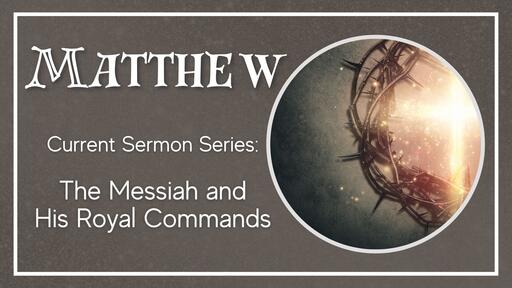The Enemy Rages (Matthew 2:13-23)

Introduction
Point #1: The flight to Egypt (2:13-15)
Point #2: The Slaughter in Bethlehem (2:16-18)
Men will do anything to be rid of Jesus. They care not how many children, or men, or women, are destroyed, so that they can but resist his kingdom,
Matthew would have us understand that God yet loves the people of Bethlehem and will restore them, and all who likewise suffer, even as he restored Israel after the exile.
as Jeremiah promises a restoration, where a nation has been cut off, down to their little children, so Matthew reminds his readers, that this massacre would not prevent Christ from appearing shortly afterwards as the Redeemer of the whole nation
Point #3: The Return to Nazareth (2:19-23)
On this view, then, the words “He shall be called a Nazorean” represent the prophetic expectation that the Messiah would appear from nowhere and would as a result meet with incomprehension and rejection.
“Jesus the Nazarene” carries “overtones of contempt,” and this reminds us that Jesus would be “despised and rejected” (Isa. 53:3).
